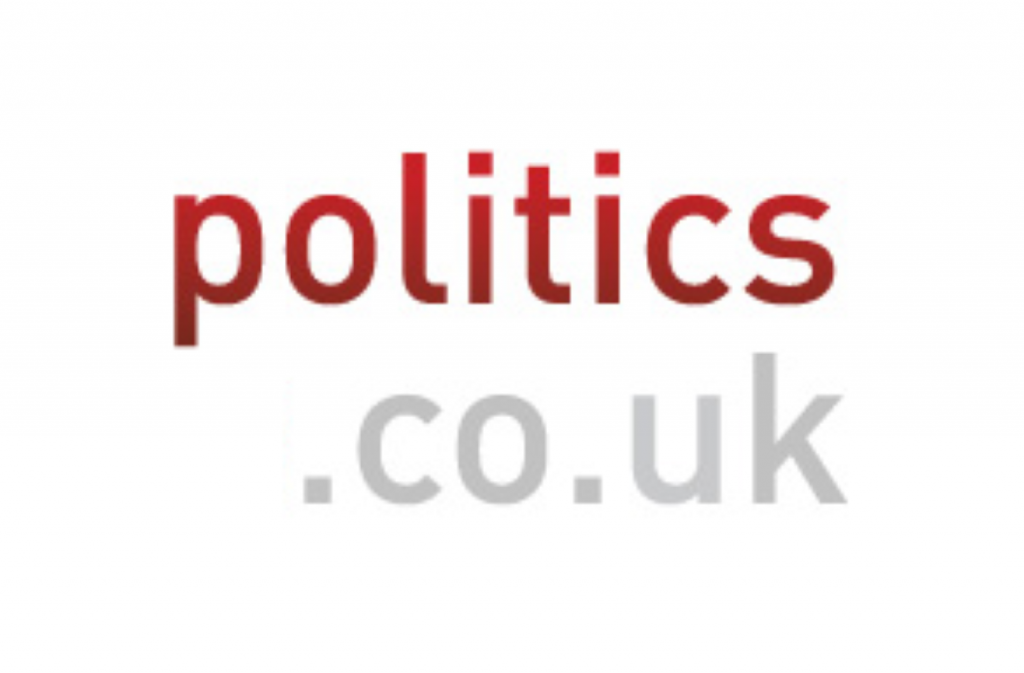Hodge: The state can intervene in family life
State intervention in family life can be justified if parents are trying to operate in a “moral vacuum”, Children’s Minister Margaret Hodge said today.
However, she stressed that intervention should always be aimed at enabling parents to make better choices – not punishing or controlling them.
And she denied charges that the Government’s interventionist approach to childcare made working class parents the scapegoat for their children’s poor behaviour, saying it was not about believing that poor families made bad parents.
Speaking to an ippr forum on families and state intervention, Ms Hodge said the State should step in where it believed children were not being protected.


“Families aren’t always great places,” she said.
“If they are allowed to operate in a moral vacuum they can work in a bad way as places where domestic violence, incest, neglect and abuse can flourish.”
She noted that even in areas that had been off-limits in the past – such as domestic violence – state intervention was now accepted.
“Yesterday’s nanny state has become today’s accepted social mores” she said.
Stressing the need for early intervention, where appropriate, she added: “The State, by acting early, can prevent dependency and can limit [later] intrusion into family life.”
The Conservative’s family spokesperson, Theresa May, said though that Ms Hodge’s comments would “infuriate” hard working parents.
Ms May said: “This is confirmation that Government is convinced it knows best for Britain’s families, and is determined that we all do as we are told.
“Mrs Hodge must understand that it is parents, not Ministers, who know what is right for their families.” She added: “What we are witnessing is a classic piece of old fashioned, left wing state intervention. Families want the freedom to make their own choices over how they run their lives. Families need help and support, but they don’t need a nanny looking over their shoulder and ‘tutting’ disapprovingly every time they make a decision that does not meet with Government approval.”
However, Ms Hodge stressed time and again in her speech that in most cases the Government did not want to tell parents what to do.
Its role in family life was to provide support for parents: enabling them to return to work if they wanted, offering opportunities to parents and children from disadvantaged backgrounds, and helping when families were in distress.
“They [our policies] are not about punishing and controlling you; they are about empowering you to take control of your own life . action taken by the State in relation to parenting is about supporting individuals and promoting opportunity.”
Parents had a greater influence than anyone on the success of their children – which was why the State must ensure they had the help and support they needed, she said.
This meant it should act to remove inequalities brought about by differences in wealth, such as the poor educational results of children from less well-off families.
‘[It is] not about us believing poor families make bad parents . but if a family is poor they face many more obstacles and that makes the State’s job difficult.
“If we really do believe in opportunity for all, then the State does need to provide support for the family and children to counter the influence of disadvantage.”
Programmes such as Sure Start had been hugely successful in giving parents the skills they needed to be good carers, but they needed to be extended, Ms Hodge said.
She also suggested that support traditionally aimed at institutions such as hospitals and schools should be redirected to families.
“Traditionally we have focused on how we can enable parents to support their children’s school. Perhaps we should turn that round and focus on how schools can also support parenting in the home.”

